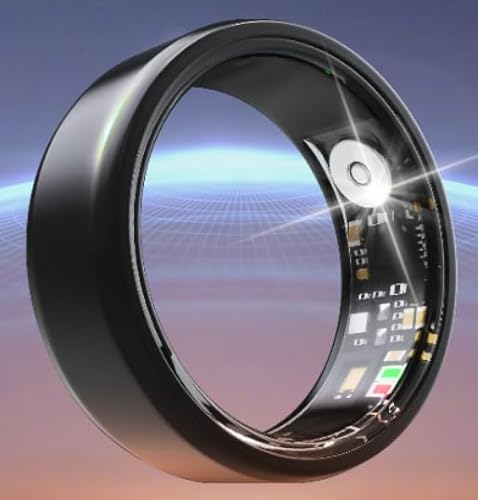Martin
Member
As mentioned in a previous post, in my most recent echocardiogram I was shown to have an aortic valve opening of .7cm2. I was expecting this to be the trigger for scheduling valve replacement surgery. My cardiologist was less ready to make this assessment. He felt that with a gradient reading of 36, I could wait another 6 months for the next cardiogram and that I could possibly even put off surgery for as long as 2 - 5 more years. This surprised me, and I told him that I wasn't sure that I wanted to remain in limbo for that long a period of time (I'm still asymptomatic.)
His response was that I should not look at AVR surgery as elective surgery. He felt that my best day post-surgery would not be better than my average day now (pre-surgery). His comment was not to think of it in terms of eliminating a disease (aortic stenosis); but rather, that I would be trading one disease (AS) for another -- a foreign valve in my system, with all the setbacks that that could entail. The longer I can hold off surgery, the more options for technological and medical improvements, he felt.
I'm not sure how I feel about this. On one hand, I don't particularly want to have surgery any sooner than I need to; on the other hand, I don't want to wait too long. I'd like to hear from those of you who have had AVR, and find out if you consider that the quality of your life improved after surgery. Thanks for your responses.
Martin
His response was that I should not look at AVR surgery as elective surgery. He felt that my best day post-surgery would not be better than my average day now (pre-surgery). His comment was not to think of it in terms of eliminating a disease (aortic stenosis); but rather, that I would be trading one disease (AS) for another -- a foreign valve in my system, with all the setbacks that that could entail. The longer I can hold off surgery, the more options for technological and medical improvements, he felt.
I'm not sure how I feel about this. On one hand, I don't particularly want to have surgery any sooner than I need to; on the other hand, I don't want to wait too long. I'd like to hear from those of you who have had AVR, and find out if you consider that the quality of your life improved after surgery. Thanks for your responses.
Martin






















